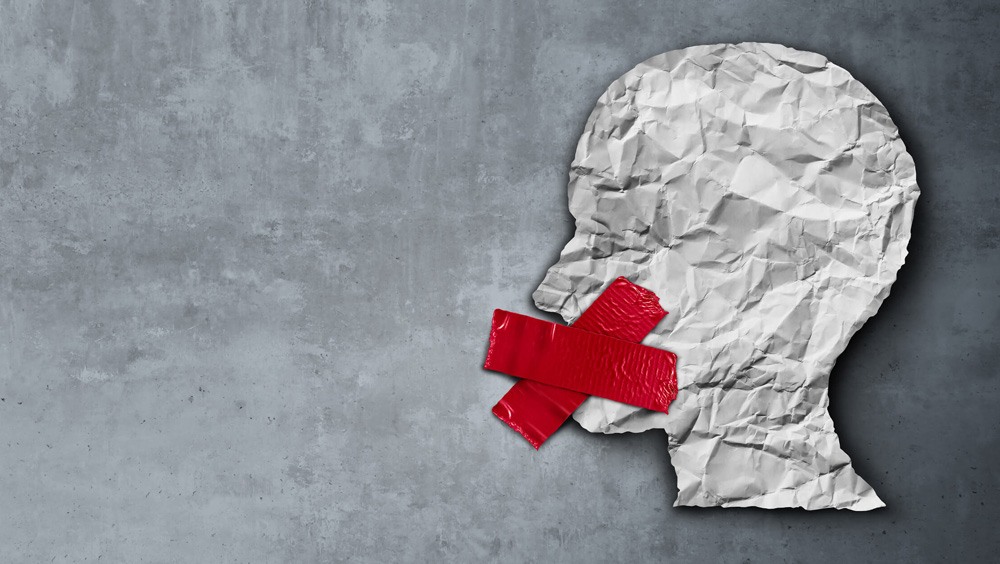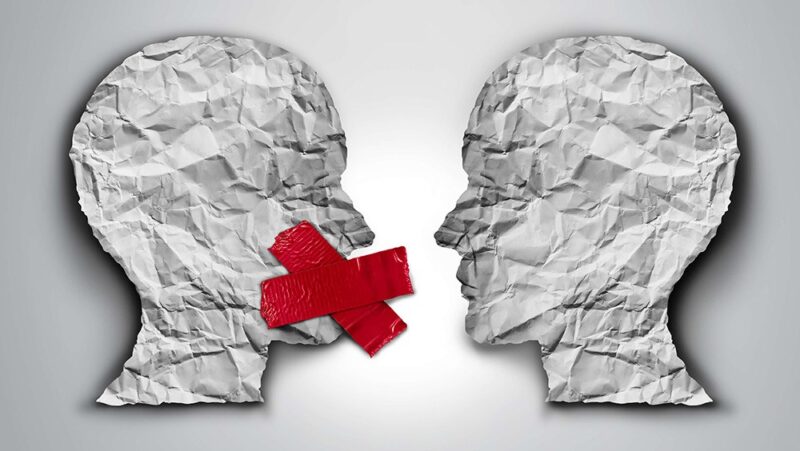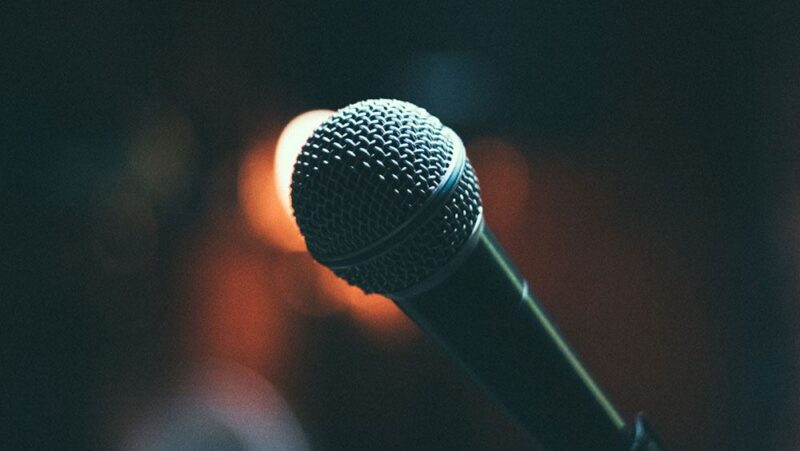Cancel Culture: Censorship, Civil Right or Something Else?

There’s no shortage of passionate opinions about cancel culture.
Depending on who you ask:
- Cancel culture is on the rise. Cancel culture isn’t real.
- Canceling has little to no effect on the canceled. Canceling ruins lives.
- Cancel culture is a threat to free speech. Cancel culture is just speech holding others accountable.
There isn’t agreement on what “canceling” means.
What is cancel culture?
Cancel culture, as defined by Dictionary.com, is “the popular practice of withdrawing support for (canceling) public figures and companies after they have done or said something considered objectionable or offensive.”
It’s a simple but extremely broad concept, and it’s difficult to determine its limits.
Does any kind of public backlash or reputational damage count as being canceled, or does it need to rise to a certain level? Does it have to be permanent? Can you be canceled by just a few people? Does cancellation have to involve an organized campaign, or can the term just apply to widespread, uncoordinated criticism? Can you cancel someone who has no public reputation? Can you cancel someone who’s already dead?
All of these questions and more mean that many discussions about cancel culture devolve into arguments over whether or not a particular person was really canceled — which side steps questions of whether, and under what circumstances, cancellation is right or wrong.
RELATED: Is hate speech illegal?

Cancel culture and the First Amendment
Cancel culture can be hostile to free speech — but it also is free speech.
To be clear: Cancel culture doesn’t violate the First Amendment, because the First Amendment only protects against the government punishing speech and doesn’t apply to what private individuals do. But it impacts something the First Amendment is meant to protect: free expression. If a fear of being canceled causes people to self-censor, that harms the public discourse.
A good example of this would be the case of David Shor, a polling researcher who sent a tweet in May 2020 summarizing an academic paper that compared the effects of nonviolent and violent protests on election turnouts. Ari Trujillo-Wesler, co-founder of deep canvassing app OpenField, criticized the tweet for “minimizing black grief and rage to ‘bad campaign tactic for the Democrats’” and later said the academic paper’s analysis was “sloppy and underwhelming.” Regardless of whether you agree with Shor, Trujillo-Wesler, neither, or both, this Twitter conversation enriched the public dialogue about the intersection of race, politics, social movements and public opinion. But because Shor was fired from his job shortly afterward, discussions like these are less likely to occur in the future. People like Shor will hesitate to weigh in on current events, and the public discourse will be poorer for it.
More than four in 10 people (45%) say they have, at least once, not expressed an opinion for fear of punishment, the Freedom Forum found in its Where America Stands survey. Nearly half (49%) have never shared a political opinion on social media.
At the same time, I’m not ready to declare that cancel culture is the enemy of free speech. It is, in essence, speech responding to other speech. To quote internet culture reporter Aja Romano’s excellent explainer on the topic: “To many people, this process of publicly calling for accountability, and boycotting if nothing else seems to work, has become an important tool of social justice — a way of combatting, through collective action, some of the huge power imbalances that often exist between public figures with far-reaching platforms and audiences, and the people and communities their words and actions may harm.”
Viewed in this light, cancel culture can actually play an important role in the democratic process. For instance, former New York governor Andrew Cuomo described it as cancel culture when people called for him to resign after reports were released that he covered up COVID-19 nursing home deaths and that several women had made allegations of sexual misconduct against him. Under the dictionary definition of cancel culture, Cuomo was right, but it’s hard to argue that exposing the wrongdoing of an elected official and holding him accountable cuts against the values of free expression. If anything, it’s exactly the kind of discourse the First Amendment was meant to protect.
It’s hard to gauge how prevalent or how powerful cancel culture really is.
Writers like Michael Hobbes have argued that the panic about cancel culture is overblown and that media coverage of cancellations make them seem much more common than they actually are. This is a fair point. Incidents of cancel culture are probably overrepresented in the news because, let’s face it, cancel culture is more fun to read and write about than say, the politics of judicial elections (which you should probably read about after this). Still, that heightened awareness of cancel culture is likely to end up feeding its chilling effect on speech.
It’s also been argued that canceI culture is a myth, because cancellations don’t stick. People like Dave Chappelle, Louis C.K. and Morgan Wallen are often trotted out as examples of supposedly canceled celebrities who are still making a good living. But social media has made it possible to cancel even people who are not famous, and these people tend to have fewer resources to defend themselves or recover from cancellation. It can also depend on who is doing the canceling. Being canceled by liberal groups only made conservative provocateur Milo Yiannopoulos’ brand stronger, but cancellation by the Conservative Political Action Conference effectively ended his career.
Just over a third (37%) of people say there’s nothing wrong with celebrities or others with strong opinions getting boycotted or “canceled” for making controversial comments online or in public, the Where America Stands survey found. Nearly three in 10 weren’t sure.
Canceling individuals won’t create real, lasting change — but holding institutions accountable might.
Separate from the debate over whether cancel culture is right or wrong or pro- or anti-free speech, is the question of whether it works as a tool for political and social change. As writer Freddie deBoer asks: “What is a plausible scenario through which [canceling] actually impacts the issues people claim to care about? How do you actually cancel your way to a better world? …If problems are structural they can’t be fixed with the removal of individuals.”
The examples of cancellations that created lasting change that come to my mind are the civil rights movement’s boycotts of segregated businesses and government institutions like Montgomery’s bus system and New York City’s schools. There’s a lesson in that: Structural problems need structural solutions. Firing or shaming a few people is unlikely to even put a dent in those problems.
Lata Nott is a fellow for the First Amendment at the Freedom Forum. Follow her on Twitter at @LataNott.
What Speech Is Protected by the First Amendment?
Funny or Not, Speech is Still Free
Related Content
2025 Al Neuharth Free Spirit and Journalism Conference
All-Expenses-Paid Trip To Washington, D.C.
June 22-27, 2025
Skill-Building
Network Growing
Head Start On Your Future

